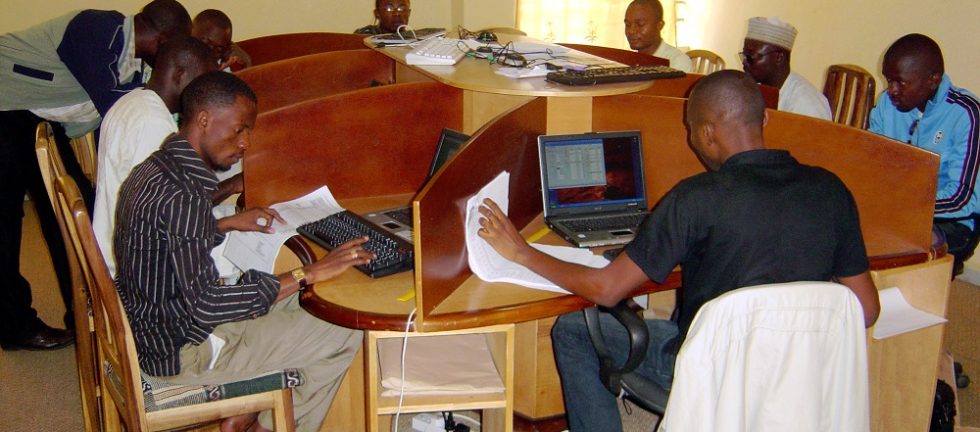Welcome to the Fork in the Road Blog: Reflections on Life musings based on my perception of life, spanning decades of active life.
In this episode I am reflecting on how and why we take on work, and how we can hold onto the goals we set in the process. I am not musing on whether we should or shouldn’t work.
I worked as an employee of four institutions over a period of nearly 50 years. My musing on work and employment is informed by my experiences through those 50 years.
When I look back at my employment experiences, job satisfaction comes up at the top. Dictionaries define Job as a paid position of regular employment or a task or piece of work, especially one that is paid for. While Work is defined as activity involving mental or physical effort done to achieve a purpose or result. Working is more than doing a job. Job satisfaction is said to be a feeling of fulfilment or enjoyment that a person derives from their job. I had different types of working fulfilment in the four employment institutions I worked in.
Work of any type can be pleasurable, something to look forward to. On the other hand, it can be dreaded. It depends on the working environment and the reason for doing it. When you undertake any work you should have an objective, the planned product. The product does not have to be physical, tangible, or visible but must be definable, describable. If the objective is achievable and the tasks clearly lead towards the job output in a supportive environment, then one would have job satisfaction.
Job satisfaction is not only achievable with formal employment. You should be satisfied with the outcome of every task you do. When the goal for the job is achieved, you will feel satisfied. Some of the tasks may be apparently trivial and easily forgettable but others may be substantial, but all should have goals. It does not matter whether you are doing the job alone or as a group. Job satisfaction can be at different levels. When working alone, job satisfaction is when the goal for the job is achieved. When working in a group, a component of job satisfaction can be in connection with the group dynamics while performing the tasks. The task can be satisfactorily completed with the product meeting the expectations, and yet leave one feeling dissatisfied with the way the group jelled while doing the work. This is a common phenomenon in our working environments.
When the job I am doing addresses the needs of communities, or individuals, the best reward I expect is the satisfaction that I have done something beneficial to someone else whether the recipient thanks me or not.
Working with the sole purpose being making money is not the same as financial remuneration for a job done. Ask yourself whether money is dictating the choice of the job, or the job dictates the remunerations. Making money as a goal for a job does not guarantee job satisfaction because money is never the job output. In any case demands for money are extremely elastic. The more money one makes the more the demands for it. If having money was the anchor for life’s satisfaction, when it is spent it would leave a void. Money is good, and we work for it to pay for our daily needs and provide safety nets for our future, but if it is the only objective for the job we are doing, then it is like building a house on a sandy foundation. It may look beautiful and attractive when new but is likely to collapse when buffeted by unforeseen forces. You will also find it difficult to fulfil your productivity potential.
Typically, our first few jobs are milestones of the learning curve towards goals of new skills and improvement of financial stability. These goals are, in most cases, achieved after going through job changes and over a long time. Irrespective of the job changes you may go through, or the time it takes, you should try to identify your desires and strengths to help you direct your energy in the right direction.
A few words about legacy at work, or at a job. I am referring to legacy in the context of a remnant or remains. In other words, a legacy with reference to work and employment, is what you leave behind as a remnant of what you do, not who you are. For example, we may refer to:
The legacy of a retiring head of the company as her ability to communicate with all workers with empathy. Or we may note that the legacy of the recently retired head teacher was his ability to listen to all fellow teachers, students and workers and respond to their points of view without prejudice.
Our life’s legacy is the life footprint we leave. It could be a tangible print such as property or money left in a Will. Alternatively, it could be virtual, in the form of behaviour, hard work, honesty, kindness etc. For example, one could talk of the legacy of security forces’ handling of public protests, especially political oppositions, as stretching back to colonial days. This would be the legacy, “footprint”, of the security forces in the course of their work.
Work does not apply to individuals alone, but it can also be associated with institutions. Government at work, the legislature at work and judiciary at work all leave footprints while executing their responsibilities which are identified as their legacies. We can refer to the governments’ legacies of nationalism or murder with impunity or plunder of national resources etc.
Reflect on what your legacy will be at work whether as an employee or as an employer.
During my years of formal employment, I integrated mentoring people I worked with into my routine work. I was always ready to groom my replacement ready to replace me. Empowering other people at work through mentoring is a noble and worthwhile legacy. Some people may see it as implying giving up some of their power. To me, it is a strength, a sign of self-confidence. A legacy of empowering workmates is done without expecting any corresponding returns. It’s about being selfless, empowering, and uplifting other people.
Working for money is a necessity because we need to pay bills, but job satisfaction should be a priority for staying in an employment. Life shouldn’t be a draining monotony of working for the sake of staying alive. While workplaces are not places of entertainment, yet everyone deserves to work in an environment that offers happiness and satisfaction. Watch out for the “footprints” you leave in your working journey. The legacy.
Thank you for being part of the Fork in the Road Blogs: Reflections on Life. Be sure to look out for the next episode when I will be writing about Hooks and Ladders. If you gathered something useful, please feel free to share the blog. My books, Fork in the Road: Creating a future of value starting from where you are and A view round the bend. Setting goals for your life’s journey are available for purchase at Aristoc bookshops in Kampala, Uganda and online at Amazon.
Your comments on my musings are most welcome and let me know whether there is a topic you would like me to muse over.


Comments (4)
Elizabeth Lwanga
Excellent perspective to work and especially the legacy we leave. Thank you Stephen for your musings.
Liz
Rtn Stephen
Thank you Sister
Alex Buri
Uncle Stephen, thank you for this and your other timeless thought pieces. I enjoyed the layered discussion on several elements, including a way to think about the relationship between work and employment on the one hand, and the financial rewards from it, on the other.
Rtn Stephen
It is a pleasure, Alex, sharing my roaming thoughts in the form of musings. I am happy you like them.